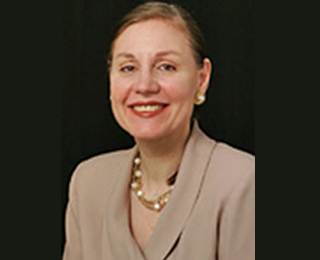
Valerie Reyna claimed that Americans are bombarded with information about their personal health care, from ads for medicines to articles on the internet as well as data from their doctors. However, studies signify that more than 93 million people across the United States seem to not have the numerical skills essential to make well-informed decisions about their medical care.
This study is known to review on the so called ‘health numeracy,’ that is the ability to understand and use numerical information associated to health behaviors and medical outcomes. The study experts were of the opinion that interventions may perhaps be developed to assist those at high risk for using incorrect information to make health decisions.
Additionally, the health care system could possibly accept strategies to address the problem of low health numeracy. Moreover, better communications materials may be developed in order to benefit all patients regardless of their health numeracy level.
Lead author of the study, Valerie Reyna and a professor of human development at Cornell University said that, “What amazed me is how much medical decision-making goes beyond just literacy. If you’re a cancer patient making decisions, a lot of the confusing information and the life-or-death information is numerical.”
Wrong decisions not only can impact patients’ health but could also lead patients to use health care services that they don’t need. Or else to miss out on treatments that may prevent disease or further complications. Both under- and over utilization of health care services eventually seem to raise costs across the system and lead to insignificant health care dollars.
This issue appears to be a crucial one because patients’ ability to understand numbers affects nearly each and every aspect of their health care. For instance, which services they use, whether they follow recommended therapies and, ultimately, their quality of life. Health numeracy may possibly become a new border in refurbishing of the U.S. health care system. That’s because patients at present seem to have more decision-making responsibilities as compared to earlier times.
Reyna further said, “The burden is on the patient to really understand all of this information, to a degree that’s never been true in history before. We’re not going to go back. People are empowered now. They want to make their own decisions.”
“You have multiple drugs for the same disease, and you have multiple surgical options. As the amount of available information increases, we have more and more options. It is a terrific opportunity and a terrific burden,” she continues.
Supposedly, there’s also more medical study being published. Reyna along with her colleagues stated that scientists need to modify the instruments they use in order to measure numeracy. Also, they may need to look more carefully at how patients and doctors make decisions in clinical settings, instead of just extrapolating more common studies on the topic.
The findings of the study have been published in the journal, Psychological Bulletin.
